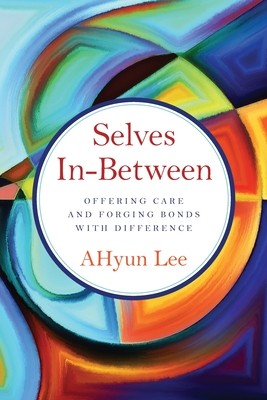
- Mēs nosūtīsim 10-14 darba dienu laikā.
- Autors: Ahyun Lee
- Izdevējs United Methodist General Board of Higher Education
- ISBN-10 : 1945935952
- ISBN-13 : 9781945935954
- Formāts: 15.2 x 22.9 x 1 cm, minkšti viršeliai
- Valoda: Anglų
- Extra -10% atlaide, ievadot kodu: EXTRA
Atsauksmes
Apraksts
This book is for religious professionals-pastors, pastoral counselors, therapists, and chaplains-anyone who wants a deeper understanding of healing in a ministry context. When persons seek healing through counseling, they bring embodied stories, problems, and issues. Counseling, as Lee defines it, is an in-between space where two selves interface and focus such that the client can experience healing to the fullest extent possible at that time, in that place. But how should we understand a self? And how does a healthy self relate to self, others, and God? Using the theoretical lens of Heinz Kohut's psychotherapy, particularly the concept of selfobject, AHyun Lee examines the importance of subjective experience of the self in search of healing. In so doing, she offers caregivers a means to develop a richer cultural and social sensitivity to work in their specific contexts, rather than drawing themselves into the normative representation and dominant expectations of others.
10 EXTRA % atlaide
Kupona kods: EXTRA
Akcija beidzas 7d.07:30:28
Atlaides kods derīgs pirkumiem no 10 €. Atlaides nav kumulatīvas.
Derīgs tikai pirkumiem tiešsaistē.

- Autors: Ahyun Lee
- Izdevējs United Methodist General Board of Higher Education
- ISBN-10: 1945935952
- ISBN-13: 9781945935954
- Formāts 15.2 x 22.9 x 1 cm, minkšti viršeliai
- Valoda: Anglų
This book is for religious professionals-pastors, pastoral counselors, therapists, and chaplains-anyone who wants a deeper understanding of healing in a ministry context. When persons seek healing through counseling, they bring embodied stories, problems, and issues. Counseling, as Lee defines it, is an in-between space where two selves interface and focus such that the client can experience healing to the fullest extent possible at that time, in that place. But how should we understand a self? And how does a healthy self relate to self, others, and God? Using the theoretical lens of Heinz Kohut's psychotherapy, particularly the concept of selfobject, AHyun Lee examines the importance of subjective experience of the self in search of healing. In so doing, she offers caregivers a means to develop a richer cultural and social sensitivity to work in their specific contexts, rather than drawing themselves into the normative representation and dominant expectations of others.

Atsauksmes